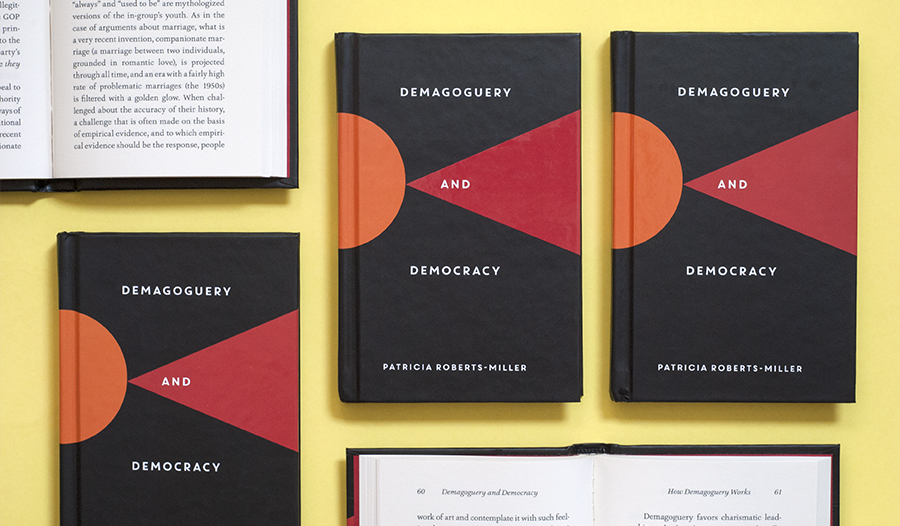
We were asked to do an epideictic speech, and one kind of epideictic is psogos: the blaming or condemnatory speech. And I want to condemn the biased/objective binary on the grounds it is necessarily and inherently authoritarian, and thereby makes democratic speech impossible.
The term “authoritarian” is vexed, so I’m going to use an old-school definition: an authoritarian system aspires to univocality, uniformity, asymmetric communication, and reified social policies, values, and relations. It assumes that the nation as a whole should be a rigid and ontologically grounded hierarchy of power and privilege, in which the people at the top decide for those below them; and all institutions within that nation are similarly constructed—the police, families, governments.
Authoritarianism presumes that the hierarchy is legitimate if and only if the people in positions of power are ones who either have direct and unmediated access to the truth (i.e., they are not “biased”), or who are following the dicta of those who do. Because of that direct access, good leaders can invent or enact the correct policy agenda in all realms. So, hidden is the presumption that there is no such thing as significant legitimate disagreement, and that, in every disagreement, there is a single “right” answer that good people can perceive.
A hierarchy’s use of violence, coercion, propaganda, exclusion, and extermination is seen as legitimate as long those actions are in service of preserving the purity of the community, rewarding and empowering good people (i.e., in-group), coercion or extermination of bad people (i.e., out-group); and all in service of forcing people to do and believe the narrow range of actions and beliefs that are “right.”
And it’s that phrase—narrow range of actions and beliefs that are right–that makes it clear how this hierarchy is not just one of power; it is epistemological, and the solution to every problem is to give unlimited power to who know what is “right”—that is, those who are not biased.
“Biased” sources and people are presumed to be ones that view the world from a narrow perspective; so, necessarily associated with the biased/objective false binary is the equally false binary of particular/universal.
As many others have pointed out, we don’t undermine authoritarianism by saying that we’re all biased, since that doesn’t end the hierarchy; it just makes it one of open and unconstrained violence. We end up with some version of Social Darwinism. The mistake is the term “biased.” It’s more useful to think in terms of “biases” (that is, cognitive biases) and perspectives, and to try to correct for the former and celebrate the latter.

Raise your hand if you had to look up “epideictic”. 😉
Yet another example of how dangerous binary thinking is. Since reading this blog, I have been trying very hard to train my brain to think of nearly everything in life as something on a spectrum. It’s difficult. The binary trap is just so easy.